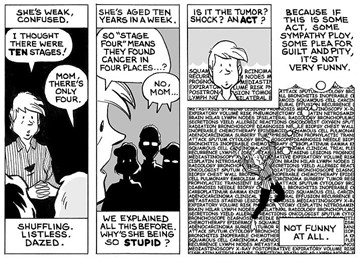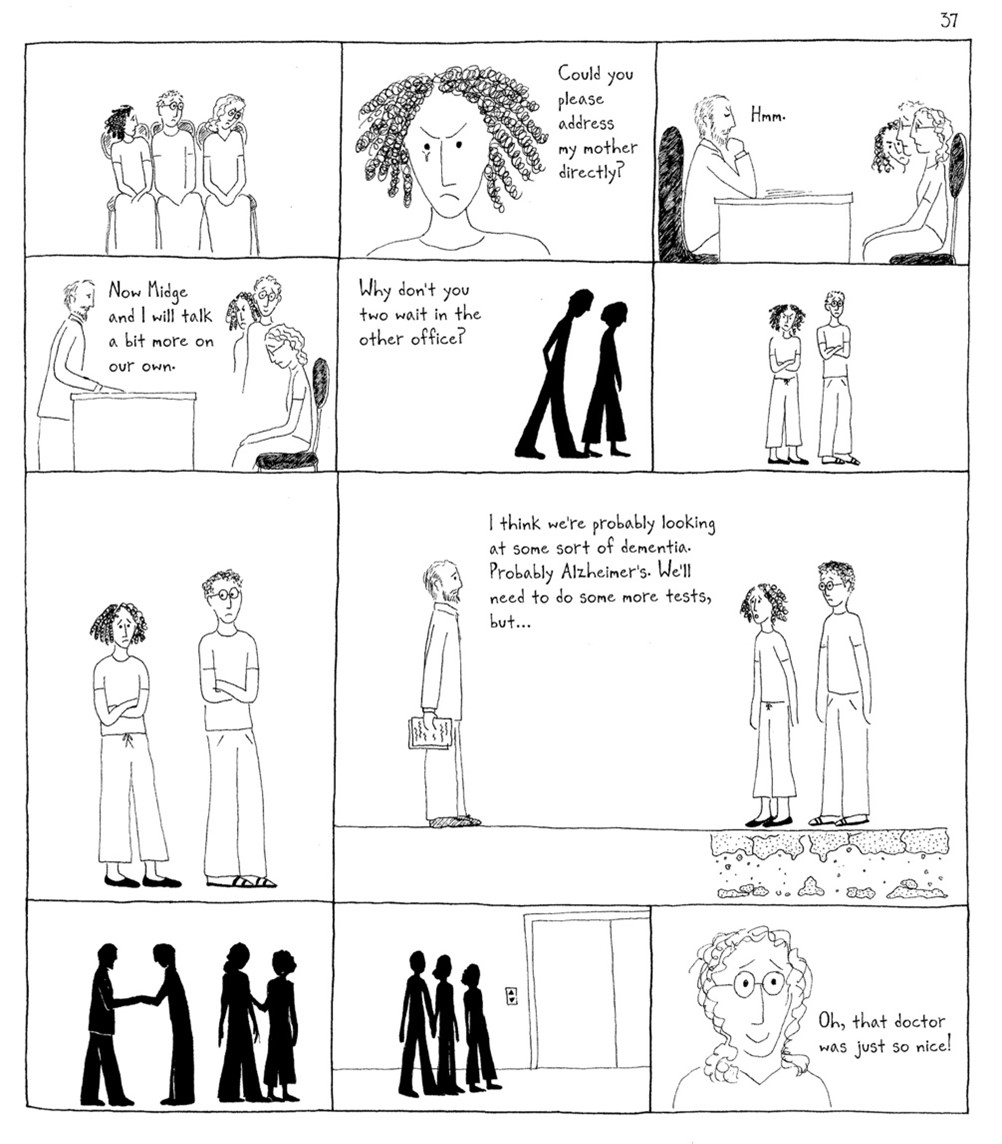Article Summary by Neepa Thacker, Jennifer Wallis and Jo Winning

What are the skills required by the 21st-century doctor to deliver the best person-centred care? Medical humanities have a vital role to play in undergraduate medical education where medicine is seen as an ‘art’ as well as a ‘science’ (Wald, McFarland, and Markovina 2018).
We contend that medical students must be taught authentically by experts from both medical and humanities fields to have maximal impact, drawing on their knowledge and personal professional experiences. This article arises from a collaboration between Imperial College London and Birkbeck, University of London, which aimed to embed the humanities into Imperial’s undergraduate medical curriculum.
We illustrate how the humanities can be a powerful tool for students to learn to deal with complex patients and professional uncertainty through a case study of a teaching session on graphic medicine and narrative. In this session, uncertainty operated on several different levels for students: the introduction of unfamiliar concepts, materials and methods, transdisciplinary approaches to teaching, and the complexities of real-life clinical practice.

Read the full article on the Medical Humanities journal website.
Dr Neepa Thacker is an academic GP who is the Course Lead for the Year 5 GP course at Imperial College London, and has completed her Masters in Education (University Learning and Teaching). Neepa has a particular interest in the medical humanities and is passionate about its inclusion in undergraduate medical education to enhance the development of accomplished resilient junior doctors.
Dr Jennifer Wallis is a Lecturer in History of Science and Medicine, and Medical Humanities Teaching Fellow, at Imperial College London. Her publications include Investigating the Body in the Victorian Asylum (Palgrave, 2017) and the co-edited volume Sources in the History of Psychiatry, from 1800 to the Present, edited by Chris Millard and Jennifer Wallis (Routledge, 2022).
Jo Winning is Professor of Modern Literature & Critical Theory, in the Dept of English, Theatre & Creative Writing at Birkbeck, University of London. In her research and her teaching, Jo works at the intersection of critical theory and clinical practice, exploring the ways in which critical and cultural insights and understandings around the body, illness, medicine and care, intersect with the complex, everyday realities of medicine in practice, education and training.